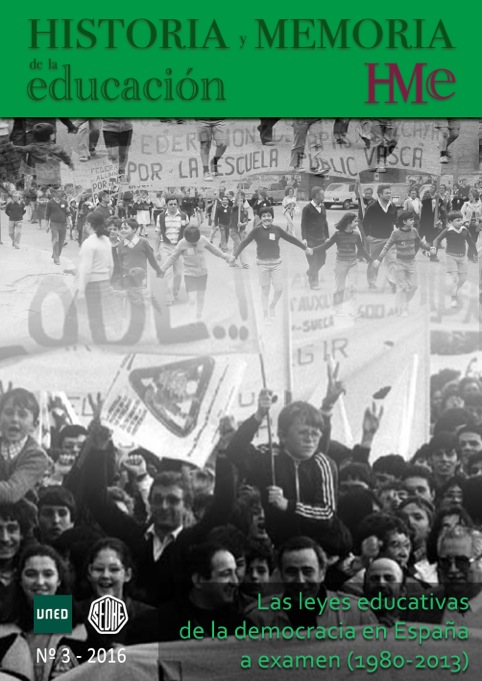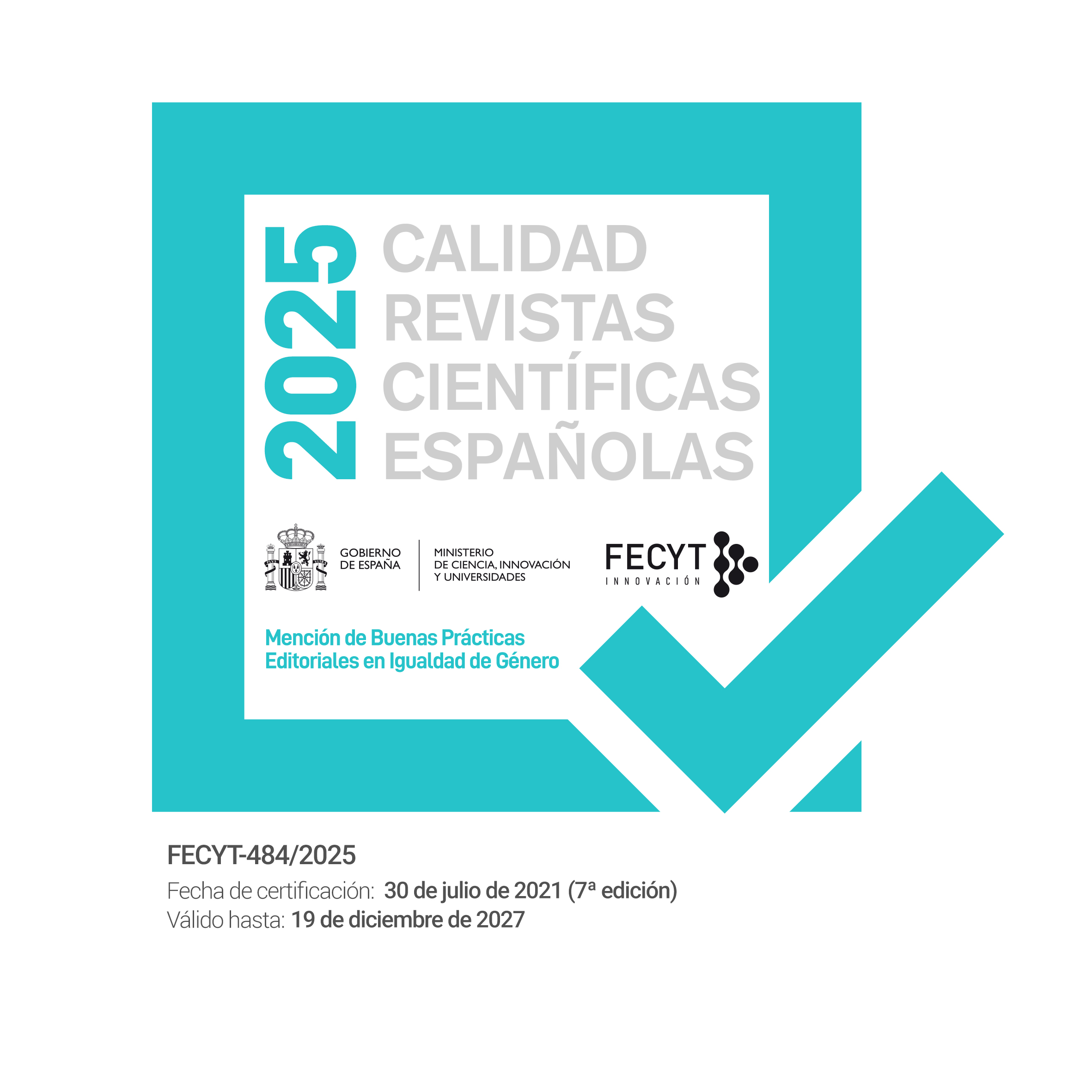The adherence of education reform to international education policy. A brief overview of the path from the General Law of the Education System (LOGSE) of 1990 to the Law for the Improvement of Education Quality (LOMCE) of 2013
DOI:
https://doi.org/10.5944/hme.3.2016.14991Keywords:
Educational Policy, Equal Opportunities, Capitalism, Quality, Institutional assessmentAbstract
The aim of this paper is to illustrate the continuities of educational reforms in the Spanish democracy, and especially between the General Law of the Education System (LOGSE) of 1990 and the Law for the Improvement of Education Quality (LOMCE) of 2013. In order to do so we will examine what we consider to be the three main concerns on which current educational patterns are based: first, the crisis of the traditional materials and symbolic functions of universal education systems under capitalism, which entails a slow
transformation in mentalities regarding the social importance of education; secondly, the inevitable dependence of virtually all Spanish education legislation in democracy to the provisions of Article 27 of the Spanish Constitution of 1978; and finally, the greater role that the laws attribute to international assessment and accountability in Spain. This last point is the most important new feature of educational policy in the last twenty five years.
Downloads
Downloads
Published
How to Cite
Issue
Section
License
Authors who publish in Historia y Memoria de la Educación agree to the following terms:
- Authors retain copyright and grant the journal right of first publication with the work simultaneously licensed under a Creative Commons Attribution-NonCommercial 4.0 International that allows others to share the work with an acknowledgement of the work's authorship and initial publication in this journal.
- Authors are able to enter into separate, additional contractual arrangements for the non-exclusive distribution of the journal's published version of the work (e.g., post it to an institutional repository or publish it in a book), with an acknowledgement of its initial publication in this journal.
- Authors are permitted and encouraged to post their work online (e.g., in institutional repositories or on their website) prior to and during the submission process, as it can lead to productive exchanges, as well as earlier and greater citation of published work (See The Effect of Open Access).












